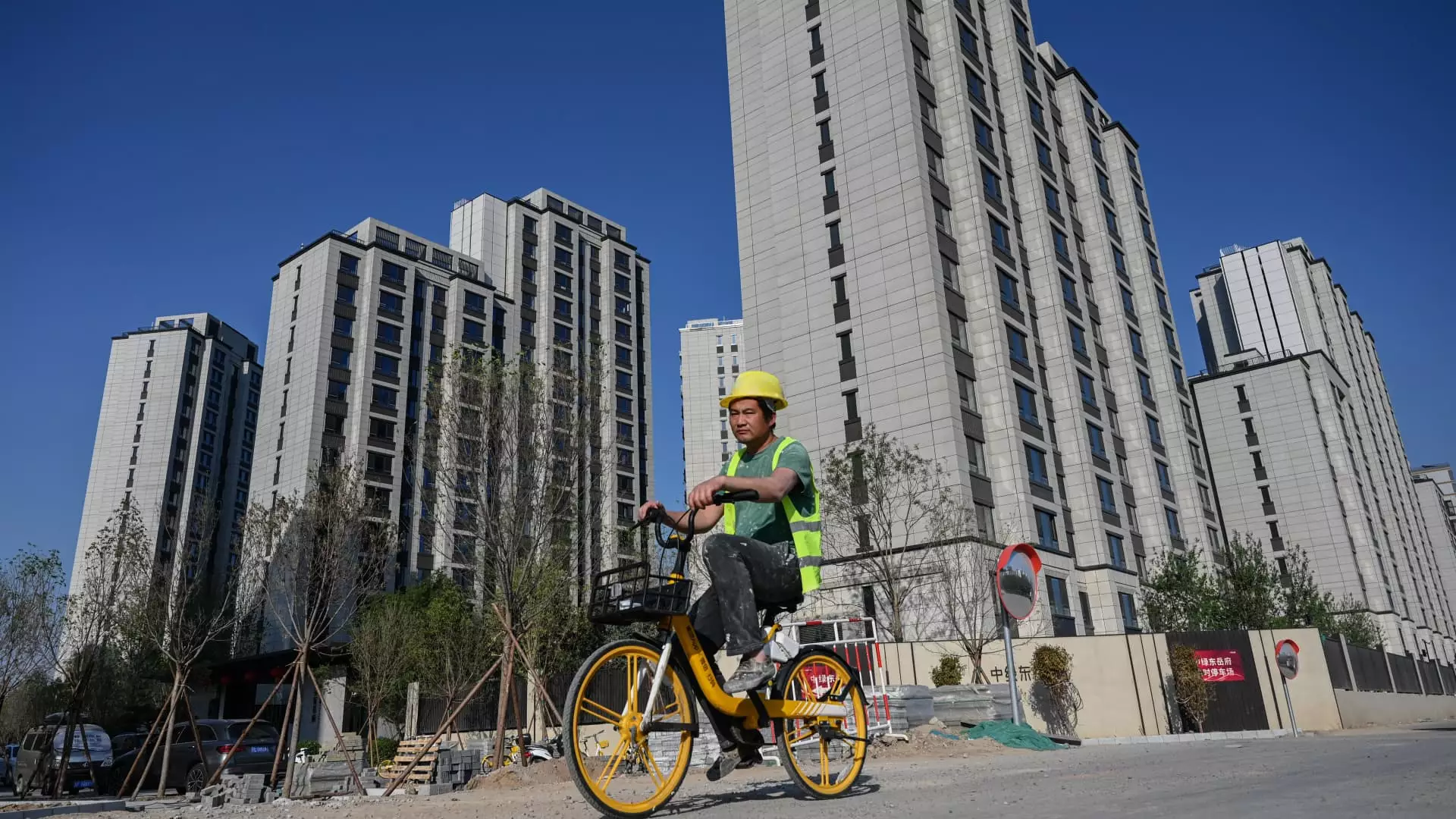The International Monetary Fund recently announced an upgrade to China’s growth forecast for the year 2021, raising it to 5% from the previous 4.6%. This adjustment is attributed to the “strong” first quarter figures and recent policy measures implemented by the Chinese government. The IMF also anticipates further growth in the coming years, with a projection of 4.5% for 2025, up from the previous estimate of 4.1%. However, concerns about a deceleration in growth are looming on the horizon, with an expected drop to 3.3% by 2029 due to factors such as an aging population and slower productivity growth. This forecast is lower than the IMF’s earlier projection of 3.5% for the medium term.
Factors Driving China’s Economic Growth
China’s economy exceeded expectations by growing 5.3% in the first quarter, driven by robust exports. While data for April indicated sluggish consumer spending, there was an uptick in industrial activity. With the recent announcement of supportive measures for the real estate sector, including the elimination of the floor on mortgage rates, Chinese authorities are taking steps to bolster the economy. However, the IMF believes that a more comprehensive approach is necessary to address the challenges faced by the real estate market. Gita Gopinath, the IMF’s first deputy managing director, emphasized the importance of mobilizing central government resources to protect buyers of pre-sold unfinished homes and expedite the completion of unsold properties. She also highlighted the need for greater price flexibility to stimulate housing demand and restore equilibrium while monitoring potential macro-financial spillovers.
IMF’s Recommendations for China
During Gopinath’s visit to China, she engaged with key economic stakeholders, including the People’s Bank of China Governor, Ministry of Finance Vice Minister, Ministry of Commerce Vice Minister, PBOC Deputy Governor, and National Financial Regulatory Administration Vice Chairman. The IMF is advocating for near-term macroeconomic policies that focus on supporting domestic demand and mitigating risks. Structural reforms will also be crucial in achieving high-quality growth, countering challenges, and addressing underlying imbalances in the economy. Chinese President Xi Jinping has emphasized the importance of promoting “high-quality, sufficient employment,” particularly for college graduates and young individuals. By enhancing employment support policies, China aims to bolster its workforce and drive sustainable economic development.
This article highlights the positive outlook for China’s economic growth in the near term, underscored by the IMF’s upgraded forecast and supportive policy measures. However, challenges lie ahead, necessitating comprehensive strategies to address structural issues and sustain growth momentum in the long run. With a concerted effort from the government and key stakeholders, China can navigate these challenges and position itself for stable and sustainable economic development.


Leave a Reply